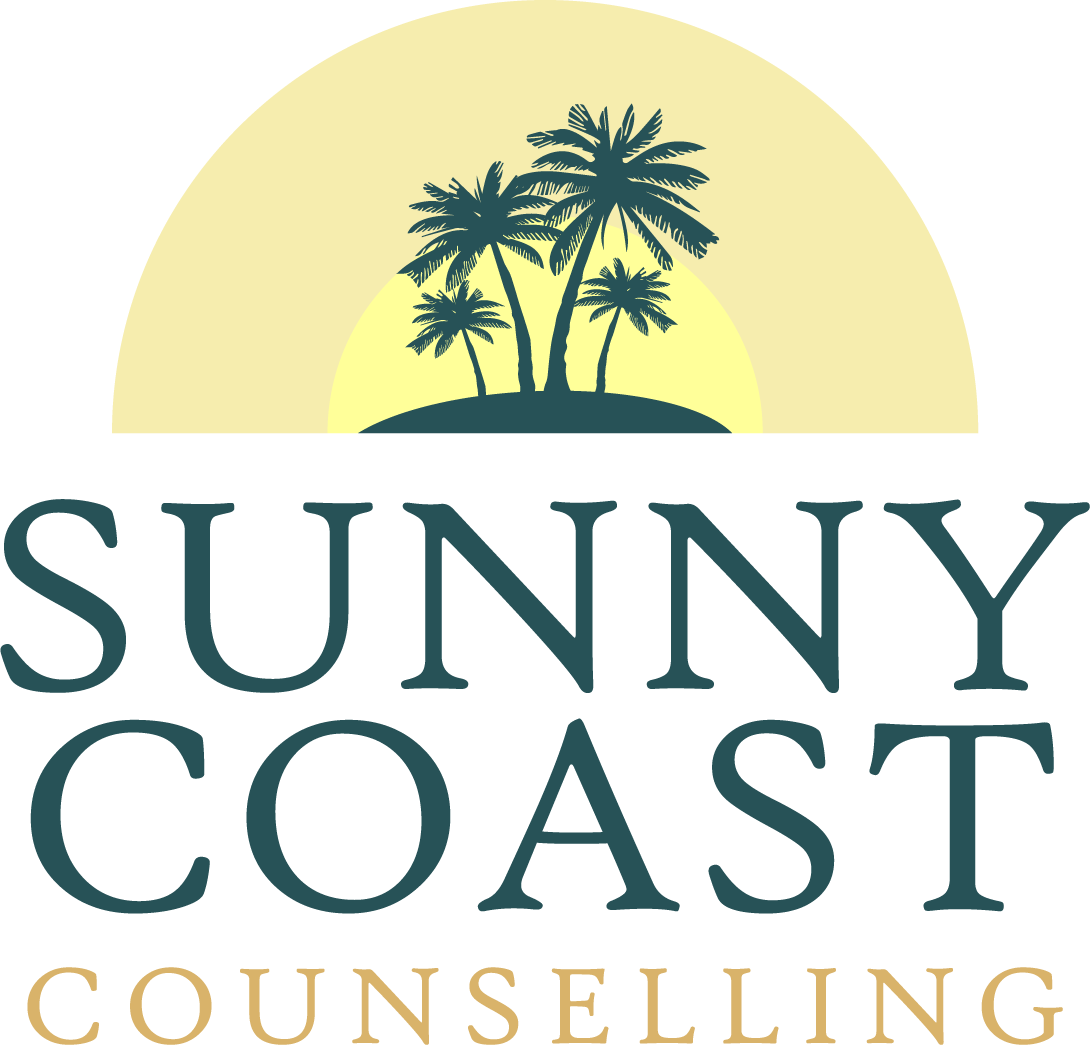Understanding Grief and Loss: Answers to the 10 Most Common Questions
Grief is a deeply personal and often overwhelming experience that follows the loss of someone or something significant. Whether you’re grieving the death of a loved one, the end of a relationship, loss of a job, or even a shift in identity or health, it’s normal to feel uncertain, confused or isolated. Below, we answer ten of the most common questions clients ask about grief and loss, offering reassurance and guidance as you navigate your own unique journey.
1. Is what I’m feeling normal?
Yes. Grief can feel like a rollercoaster — one moment you might feel numb, the next you’re angry, and later you might be overwhelmed with sadness. These emotions are all valid. There’s no “right” way to grieve, and no single timeline to follow. Everyone’s experience is different.
2. How long does grief last?
There’s no set timeline for grief. Some people feel more at peace within a few months; others may feel the loss deeply for years. What’s important is not how long it lasts, but how you’re supported through it. Over time, the intensity usually eases, but it’s normal to have waves of emotion, even long after the loss.
3. Why do I feel guilty or angry?
These emotions are common. Guilt may come from things left unsaid or done, while anger can arise from the injustice or finality of the loss. It’s okay to feel these things — they’re part of the natural process of making sense of a world that’s changed.
4. Shouldn’t I be “over it” by now?
Grief doesn’t have an expiry date. Well-meaning people may suggest you should be moving on, but only you can know how you feel. It’s not about getting “over” it — it’s about learning how to live alongside it and finding ways to carry the memory or meaning of what’s been lost.
5. Why am I okay one day and falling apart the next?
Grief is not linear. You might have days where you feel “normal” followed by days of intense sadness. Triggers — a song, a smell, an anniversary — can bring emotions rushing back unexpectedly. This doesn’t mean you’re going backwards; it’s all part of the healing journey.
6. Is it okay to laugh or feel happy again?
Absolutely. Feeling joy or laughter does not mean you’ve forgotten your loss. These moments are signs of resilience and recovery. It’s okay to live, love and laugh again — your grief can coexist with happiness.
7. Can grief affect my body or physical health?
Yes, grief can have physical symptoms like fatigue, headaches, changes in appetite or sleep, and even a weakened immune system. The mind and body are closely connected, so it’s important to look after your physical wellbeing during this time.
8. What’s the difference between grief and depression?
Grief and depression share some symptoms, such as sadness and withdrawal, but they are different. Grief often comes in waves and tends to ease over time, while depression is more persistent and may involve hopelessness, numbness or disinterest in life. If you’re unsure, talking with a counsellor can help clarify what’s happening and what support you might need.
9. How do I support someone else who’s grieving?
Be present, listen without trying to fix, and avoid clichés like “they’re in a better place.” Grief is not something to be solved — it’s something to be witnessed. Sometimes just saying, “I’m here for you, whenever you need,” is the most powerful support you can give.
10. When should I seek professional support?
If your grief feels overwhelming, prolonged, or is interfering with your daily life, you might benefit from speaking with a counsellor. You don’t need to wait for a crisis — support can help at any stage of grief, offering tools to process loss in a healthy, compassionate way.
Final Thoughts
Grief is a testament to love and connection. While painful, it’s also a natural part of life. You’re not alone, and you don’t have to navigate this journey by yourself. If you’d like support, counselling can provide a safe, understanding space to explore your grief and begin healing.
For compassionate support and resources, visit Sunny Coast Counselling. You can book an appointment with John Belchamber here.

